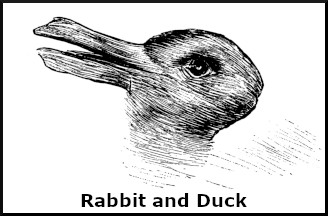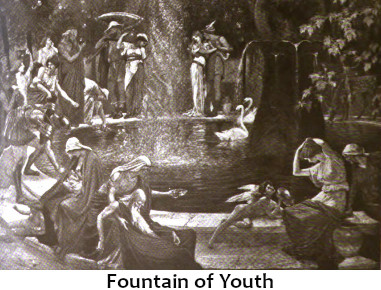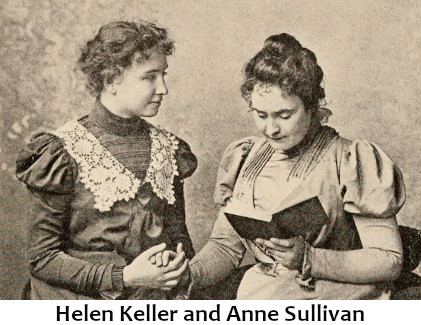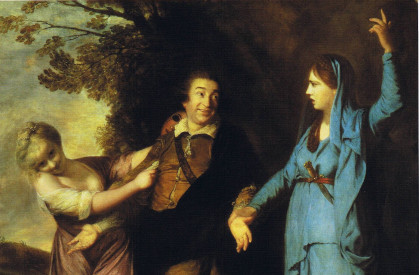Aneurin Bevan? Jennie Lee? Michael Foot? Friedrich Nietzsche? Zarathustra? Manic Street Preachers? John Strachey? Hubert Griffith? Herbert L. Matthews? Apocryphal?

Question for Quote Investigator: A U.K politician expressed a willingness to hear alternative viewpoints by using the following expression:
This is my truth; tell me yours.
British Labour Party leader Aneurin Bevan has received credit for this remark. Would you please explore this topic?
Reply from Quote Investigator: There is substantive evidence that Aneurin Bevan employed this statement. The second volume of a comprehensive biography of Bevan by Michael Foot appeared in 1973, and Foot attributed the saying to Bevan. Interestingly, Foot also alluded to a precursor remark by the famous German philosopher Friedrich Nietzsche. Boldface added to excerpts by QI:1
Often he would protest furiously: ‘O God why did you make the world so beautiful and the life of man so short?’ But he would also say, with Nietzsche, ‘this is my truth, now tell me yours’, thus invoking his special gift of imaginative tolerance.
Jennie Lee who was married to Bevan from 1934 up to his death in 1960 also attributed the saying to Bevan. See the 1980 citation below. Admittedly, the ascriptions from Foot and Lee appeared after the death of Bevan which reduced their probative value.
Here are additional selected citations and comments.
Continue reading “Quote Origin: This Is My Truth, Now Tell Me Yours”






